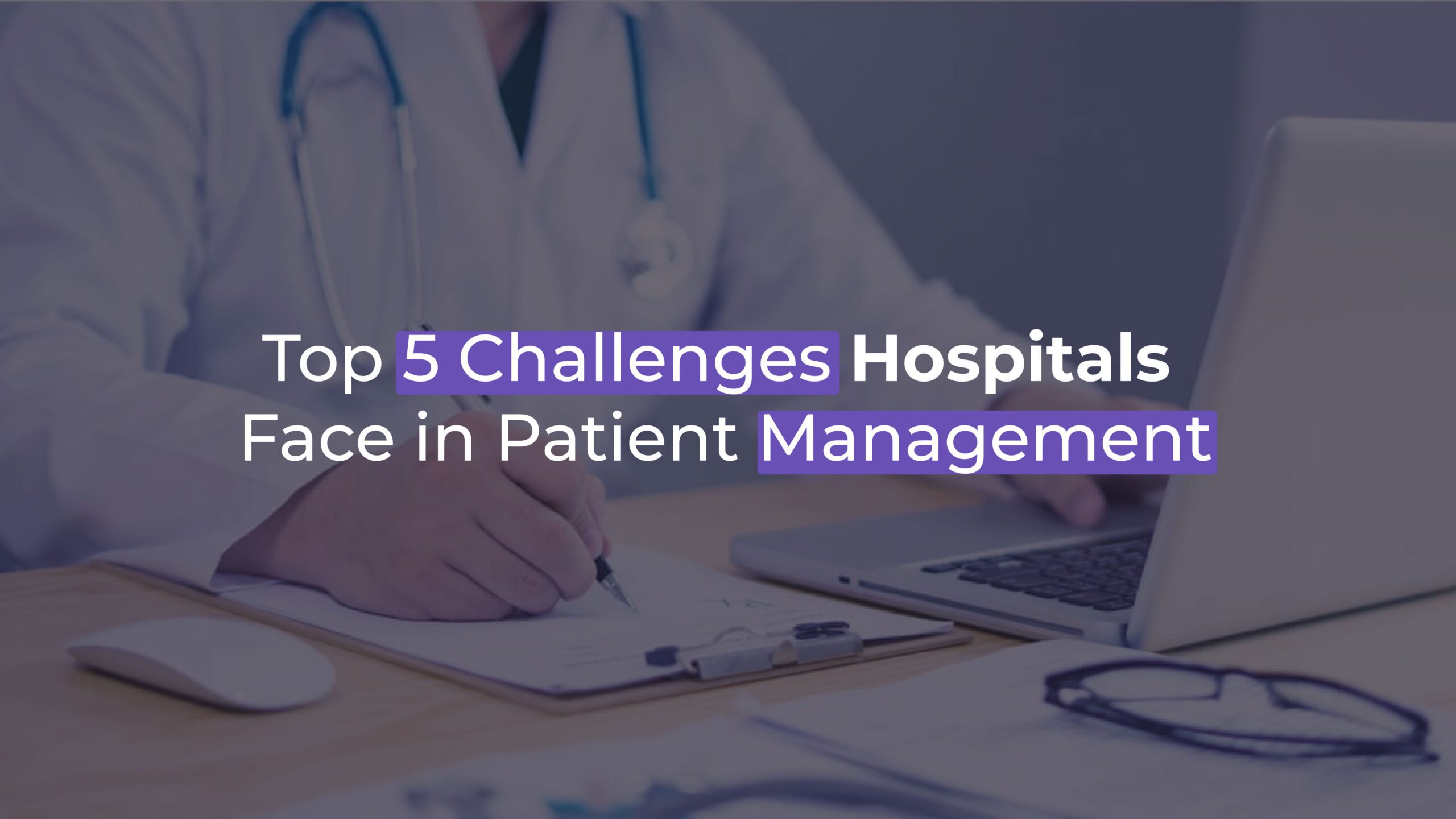Efficient patient management is crucial for hospitals striving to deliver high-quality care while maintaining operational efficiency. However, hospitals face significant challenges in ensuring patient satisfaction, streamlining processes, and complying with regulatory standards. Below, we explore the top four challenges hospitals encounter in patient management and how addressing these challenges can lead to improved outcomes.
1. Managing High Patient Volumes
One of the most pressing issues hospitals face is handling a high volume of patients. Increased patient loads can overwhelm hospital resources, leading to extended wait times, reduced patient satisfaction, and staff burnout. Implementing effective patient management systems and leveraging AI development services can help optimize resources and reduce bottlenecks. Integrating digital marketing strategies such as SEO optimization and content marketing can also improve patient flow by enhancing online appointment scheduling and patient communication.
2. Ensuring Data Security and Privacy
Patient data is highly sensitive, and hospitals must comply with strict regulations like HIPAA (in the U.S.) to protect this information. Data breaches not only damage a hospital’s reputation but also put patient trust at risk. Investing in secure web development and custom web application development with advanced cybersecurity measures is essential for safeguarding patient information. Digital tools and AI applications can bolster security measures by automating data protection protocols.
3. Enhancing Communication and Coordination
Fragmented communication among medical staff, patients, and departments can lead to errors and inefficiencies. Clear, timely communication is vital for proper patient care, but achieving this can be challenging, especially in larger hospitals. Utilizing mobile app development and cross-platform web apps can streamline communication within hospital networks. Additionally, content management systems (CMS) can help keep information accessible and up to date, supporting seamless coordination.
4. Addressing Patient Engagement and Satisfaction
Engaged patients are more likely to follow treatment plans and experience better outcomes. However, fostering patient engagement in a fast-paced hospital setting can be difficult. Digital marketing tools such as video content and social media management can play a significant role in keeping patients informed and involved. AI-driven chatbots and custom mobile apps provide patients with instant access to their health information, appointment scheduling, and follow-up reminders, significantly improving their experience.
Frequently Asked Questions (FAQs)
1. What digital tools can hospitals use to manage high patient volumes?
Hospitals can use automated appointment scheduling systems, AI-powered solutions, and responsive web development to optimize workflows and improve patient flow.
2. How do hospitals ensure data security in patient management?
Hospitals can protect patient data by employing secure web development practices, AI application development, and compliance with data protection regulations such as HIPAA.
3. What technologies can enhance communication within a hospital?
Mobile app development, cross-platform web apps, and CMS integration can improve communication among hospital staff and patients, facilitating better coordination.
4. How can digital marketing contribute to better patient engagement?
Digital marketing strategies like content marketing, SEO optimization, and social media management can enhance patient engagement by providing relevant and accessible information.
5. Why is patient engagement important in hospital settings?
Patient engagement leads to better adherence to treatment plans, improved patient satisfaction, and positive health outcomes, making it essential for hospitals to prioritize.


